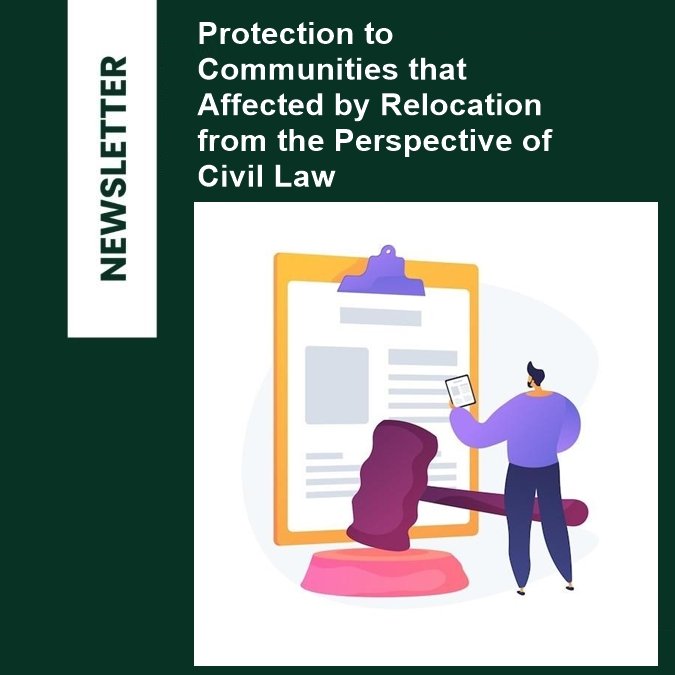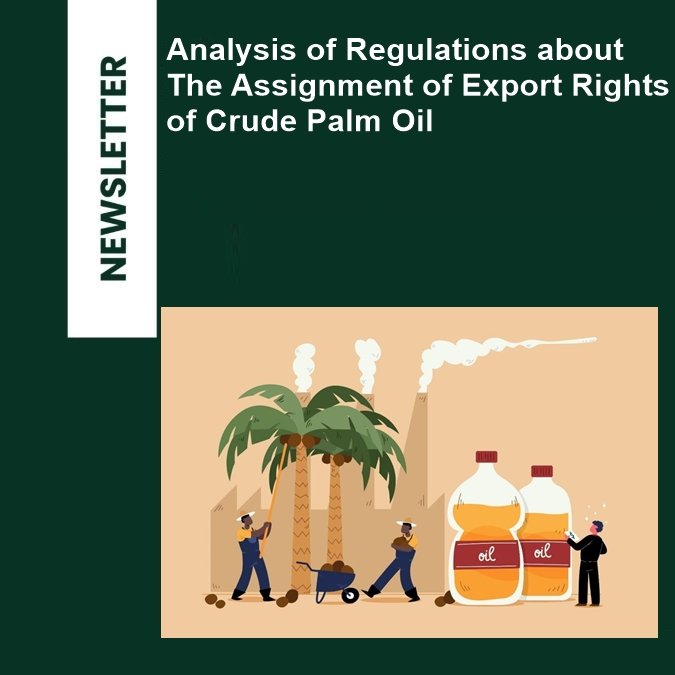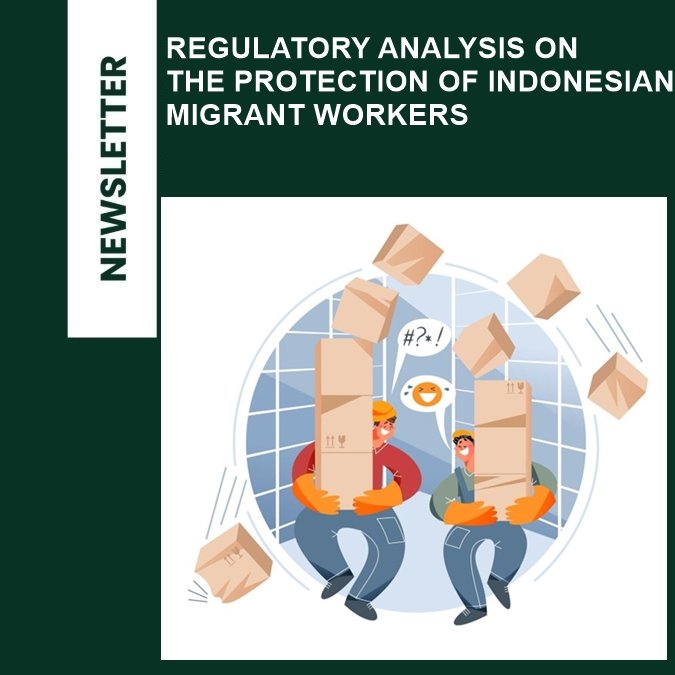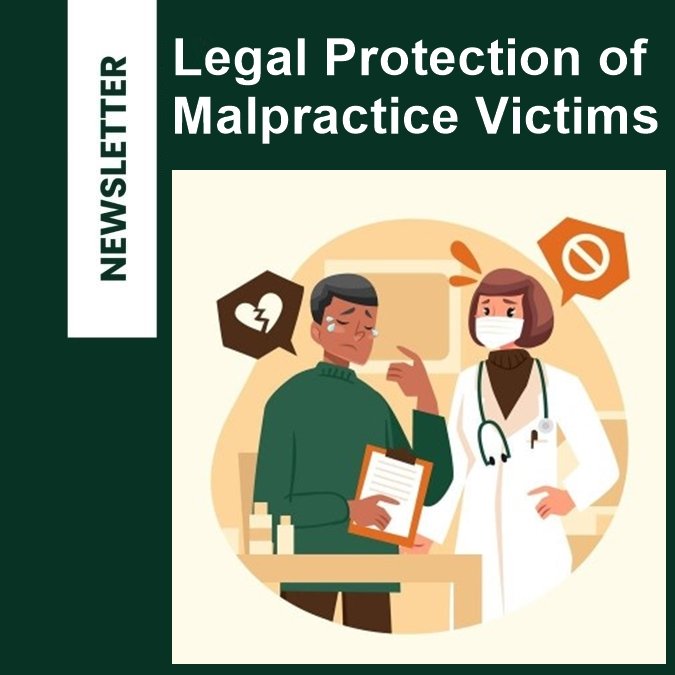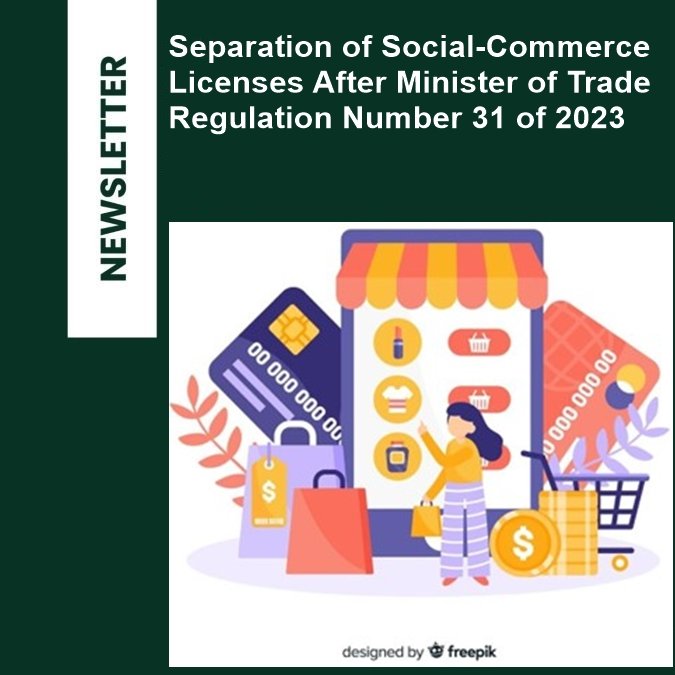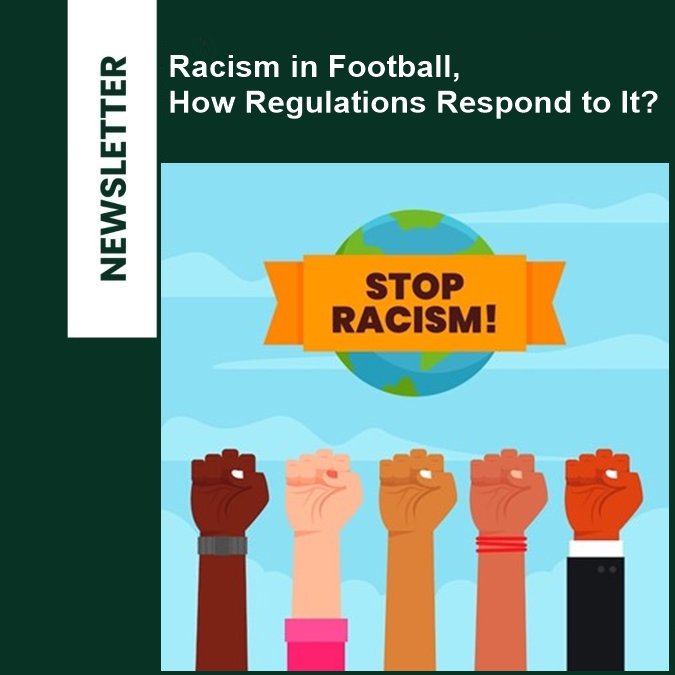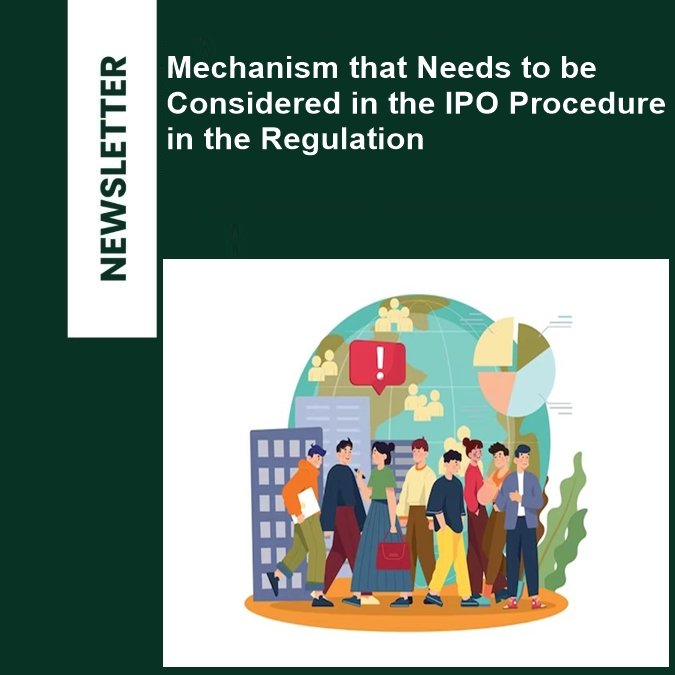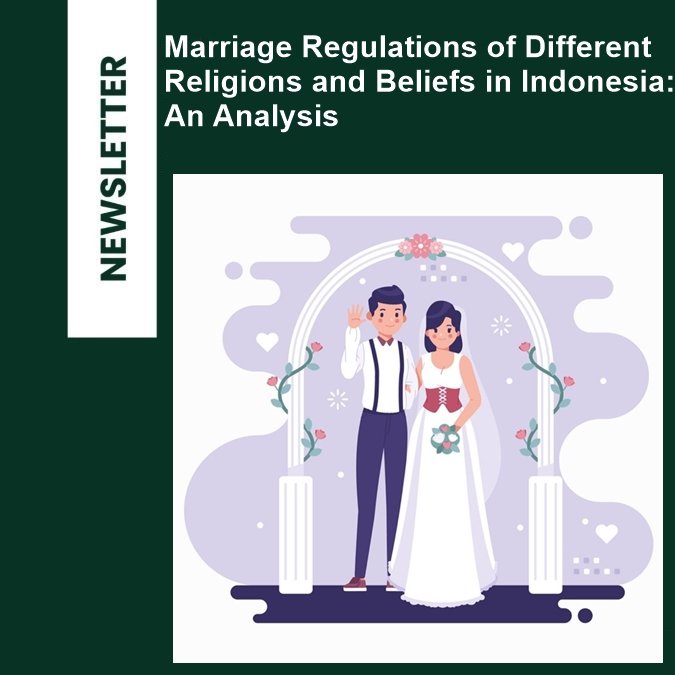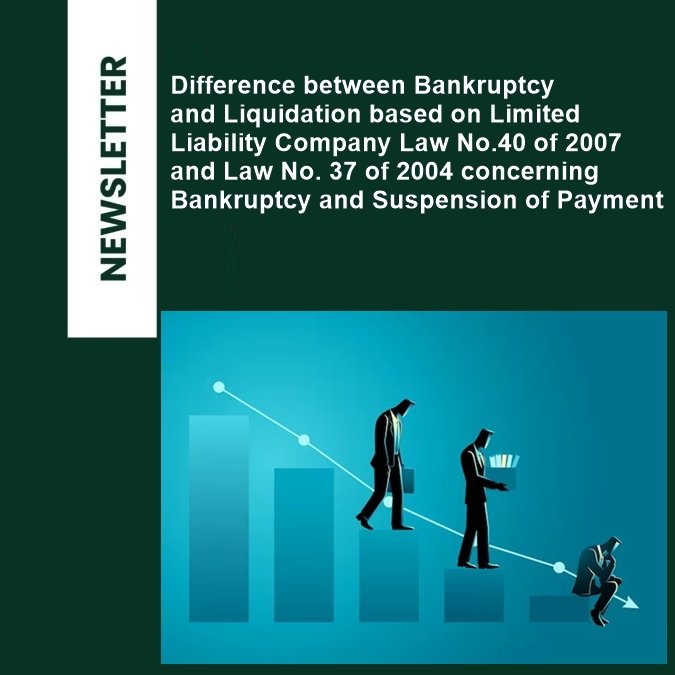Protection to Communities that Affected by Relocation from the Perspective of Civil Law
Image Source : Free Vector | Free vector legal statement. court notice, judge decision, judicial system. lawyer, attorney studying papers cartoon character. mortgage debt, legislation. (freepik.com) From: A.M Oktarina Counsellors at Law Contributors: Pramudya Yudhatama, S.H., Khaifa Muna Noer Uh’Dina, S.H., Raysha Alfira, S.H., Putri Shaquila, S.H. Reviewer: Noverizky Tri Putra Pasaribu, S.H., L.L.M (Adv)., Ricki Rachmad Aulia Nasution, S.H., A. Background Indonesia is the largest archipelagic country in the world. Reporting from the Ministry of Foreign Affairs of the Republic of Indonesia (“Kemenlu RI”) Indonesia has more than 17,000 islands, of which only about 7,000 islands have inhabitants (as the link attached below). As is currently crowded, some time ago there was a demonstration held by the masses who are members of the National People’s Defender Movement (GNPR) to ask for the “Rempang Eco City” project to be stopped, due to infrastructure unpreparedness so that the people of Rempang Island could not accept it. (as the link attached below). The community dispute on Rempang Island is one of them because there is a disagreement in terms of readiness of the Ministry of Agrarian and Spatial Planning of the Republic of Indonesia Batam City to issue a Land Management Rights Certificate (“HPL“). As known, this eventually made the community relocated. So what if the relocated community has ownership rights to their land? What if it turns out that the land is customary land? With this event, how are the regulations governing legal certainty, legal protection in terms of civil law obtained by affected communities on Rempang Island. Let’s take a closer look at the legal protection of this. Legal Basis The United Nations Declaration on the Rights of Indigenous Peoples (“UNDRIP “) Constitution of the Republic of Indonesia 1945 (“UUD 1945“) Indonesia Civil Code (“Civil Code“) Law No. 5 of 1960 concerning Basic Regulations on Agrarian Principles (“Law No.05/1960“) Law Number 01 of 2014 concerning Amendments to Law Number 27 of 2007 concerning Management of Coastal Areas and Small Islands (“Law No.01/2014“) Law No. 30 of 2014 concerning Government Administration (“Law No.30/2014“) Presidential Regulation Number 86 of 2018 concerning Agrarian Reform (“Presidential Regulation No.86/2018“) Government Regulation Number 19 of 2021 concerning Land Acquisition for Public Interest (“PP No.19/2021“) Government Regulation Number 39 of 2023 concerning the Implementation of Land Procurement for Development in the Public Interest (“PP No.39/2023“) Supreme Court Regulation Number 2 of 2019 concerning Guidelines for Dispute Resolution of Government Actions and Authority to Prosecute Unlawful Acts by Government Bodies and/or Officials (Onrechmatige Overheidsdaad) (“Perma No.2/2019“) We can see that it is not far from land problems, many lands in the Indonesian archipelago, especially small islands that do not yet have a clear existence regarding ownership of the land, whether the government, companies or indigenous peoples who are residents of the archipelago itself. An example is Rempang Island, which is fighting for its rights to remain on land that has been established by the ancestors of the people of Rempang Island itself, with a few locations, which is a small archipelago with an area of 165 km2 located in Batam City, Riau Province (as the news attached below). But before that, let’s look at the boundaries of the small island itself. Based on Article 1 number (3) of Law No.01/2014 explains that: “Small Island is an island with an area smaller than or equal to 2,000 km 2 (two thousand square kilometers and its ecosystem unity.” The cause of this heated riot occurred against the background of the cooperation carried out between BP Batam and the Batam City Government (“Batam City Government“) by granting HPL to a private company named PT Makmur Elok Graha (“MEG”) in 2004 ago based on Deed of Agreement No.66 of 2004 with the development plan of the Rempang Island area based on the “Rempang Eco City” development project. (As the link attached below). It is also suspected that the land in the Rempang Islands is customary land that is actually owned by the people of Rempang Island since it was founded by the ancestors of Rempang Island itself. In terms of structuring land rights, the government has played a role in the existence of Agrarian Reform as defined in Article 1 number (1) of Presidential Regulation No.86/2018 which reads: “Agrarian Reform is a more equitable rearrangement of the structure of control, ownership, use, and utilization of land through Asset Management and accompanied by Access Arrangement for the prosperity of the Indonesian people.” Agrarian Reform has the main objective to reduce inequality in land tenure and ownership in order to create justice, as mentioned in Article 2 of Presidential Regulation No.86/2018 which reads: “Agrarian Reform aims to: reduce inequality in land tenure and ownership in order to create justice; handling Agrarian Disputes and Conflicts;” c. creating a source of prosperity and welfare of an agrarian based community through the regulation of control, ownership, use and utilization of land; creating jobs to reduce poverty; e. improve community access to economic resources; f. improve food security and sovereignty; and improve and maintain the quality of the environment.” If we assume, the land is customary / customary, then we must pay attention to Law No.05/1960, namely: Article 3 of Law No.05/1960: “Bearing in mind the provisions of articles 1 and 2 of the exercise of customary and similar rights of indigenous peoples, so far as they are in reality. still, it shall be such that it is in accordance with the national interest and the State, which is based on the unity of the nation and shall not contradict other higher laws and regulations.” With reference to Article 2 paragraphs (2), (3) and (4) of Law No.05/1960,
Protection to Communities that Affected by Relocation from the Perspective of Civil Law Read More »

